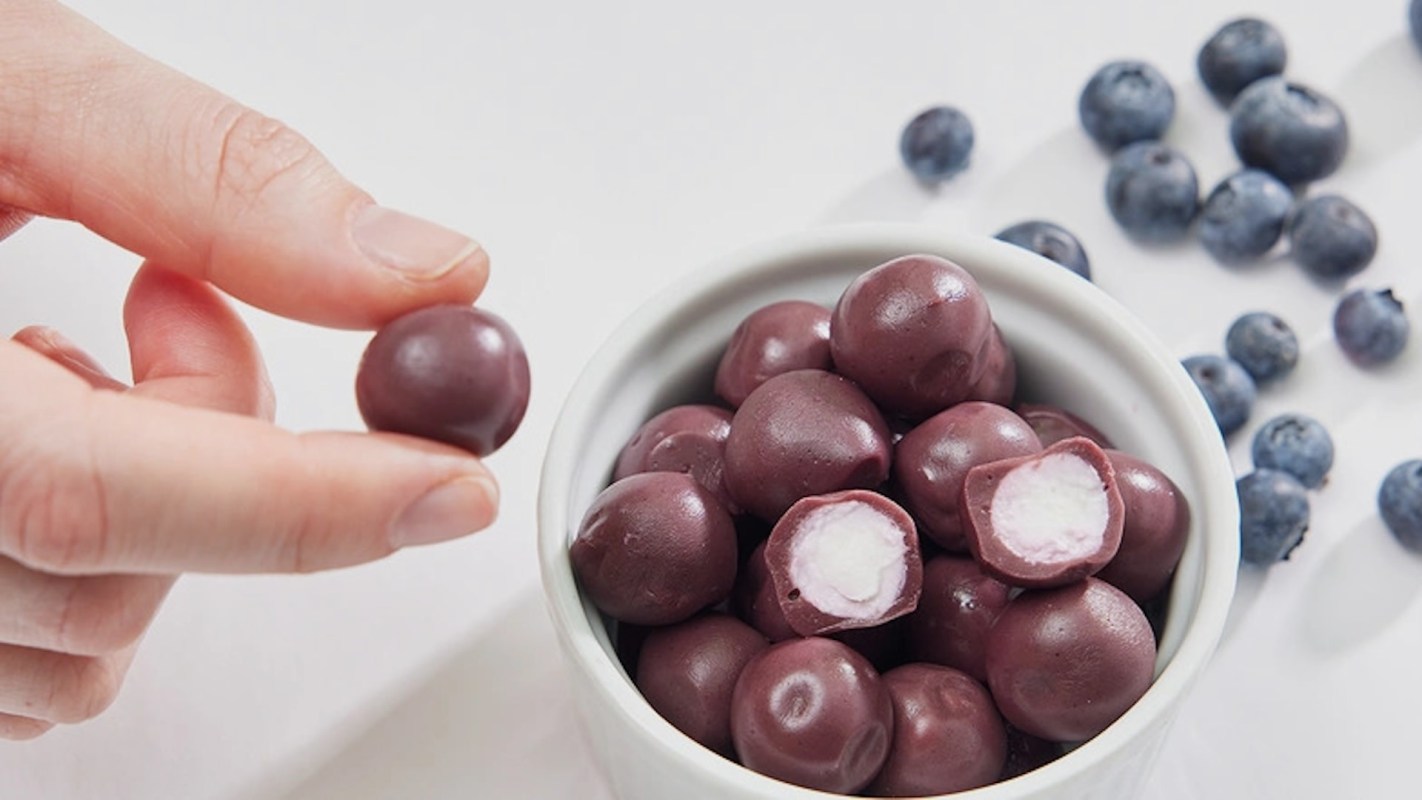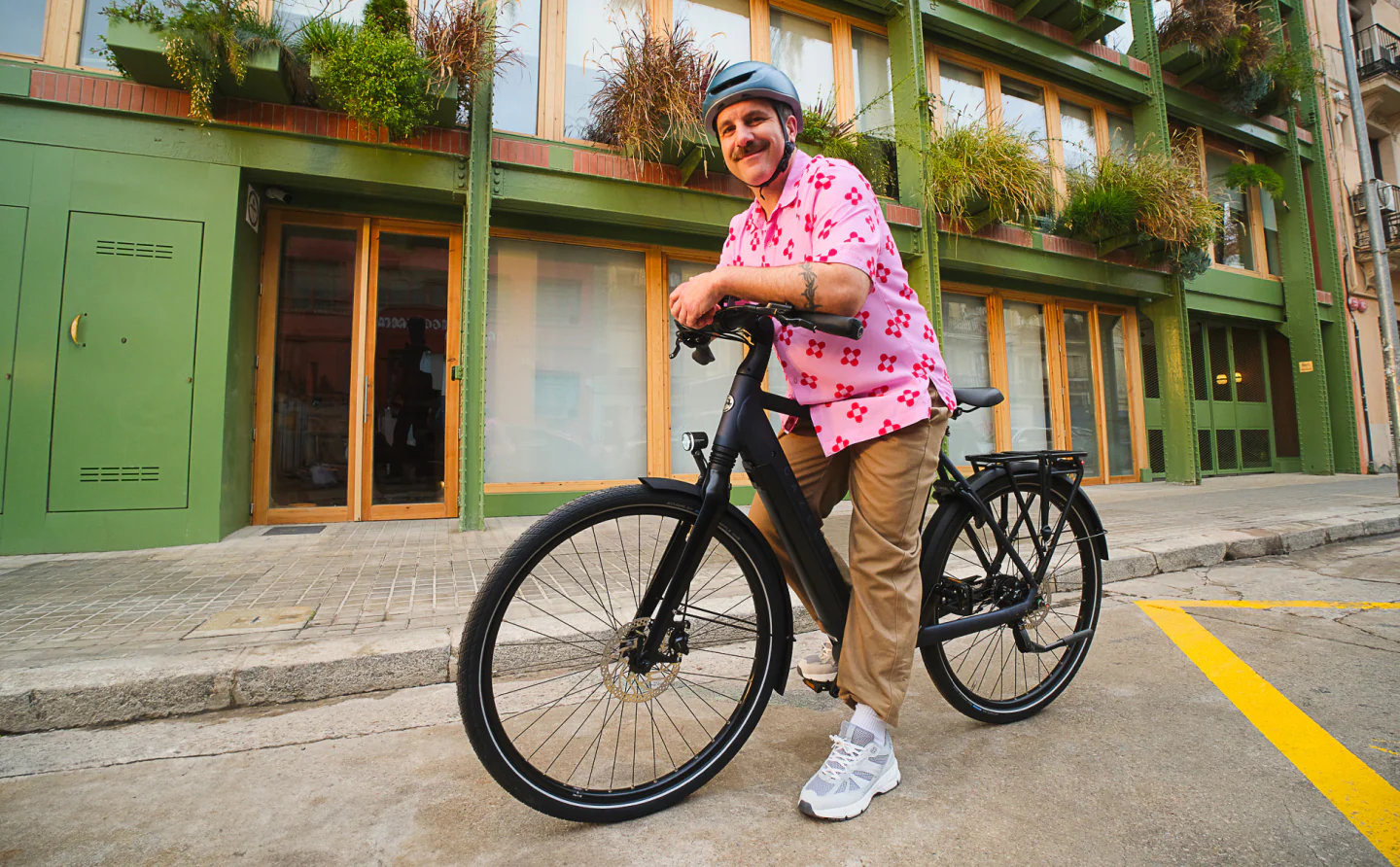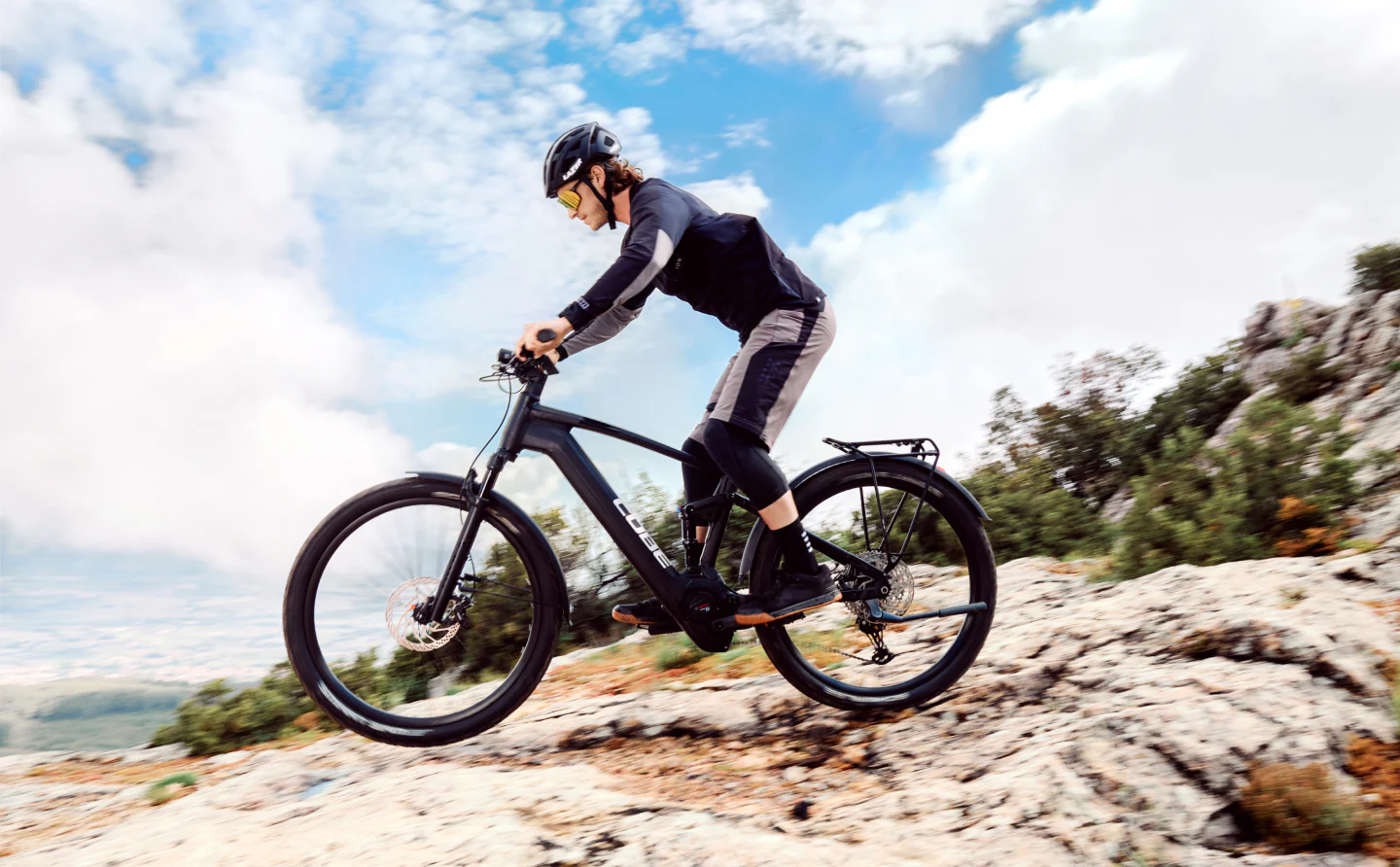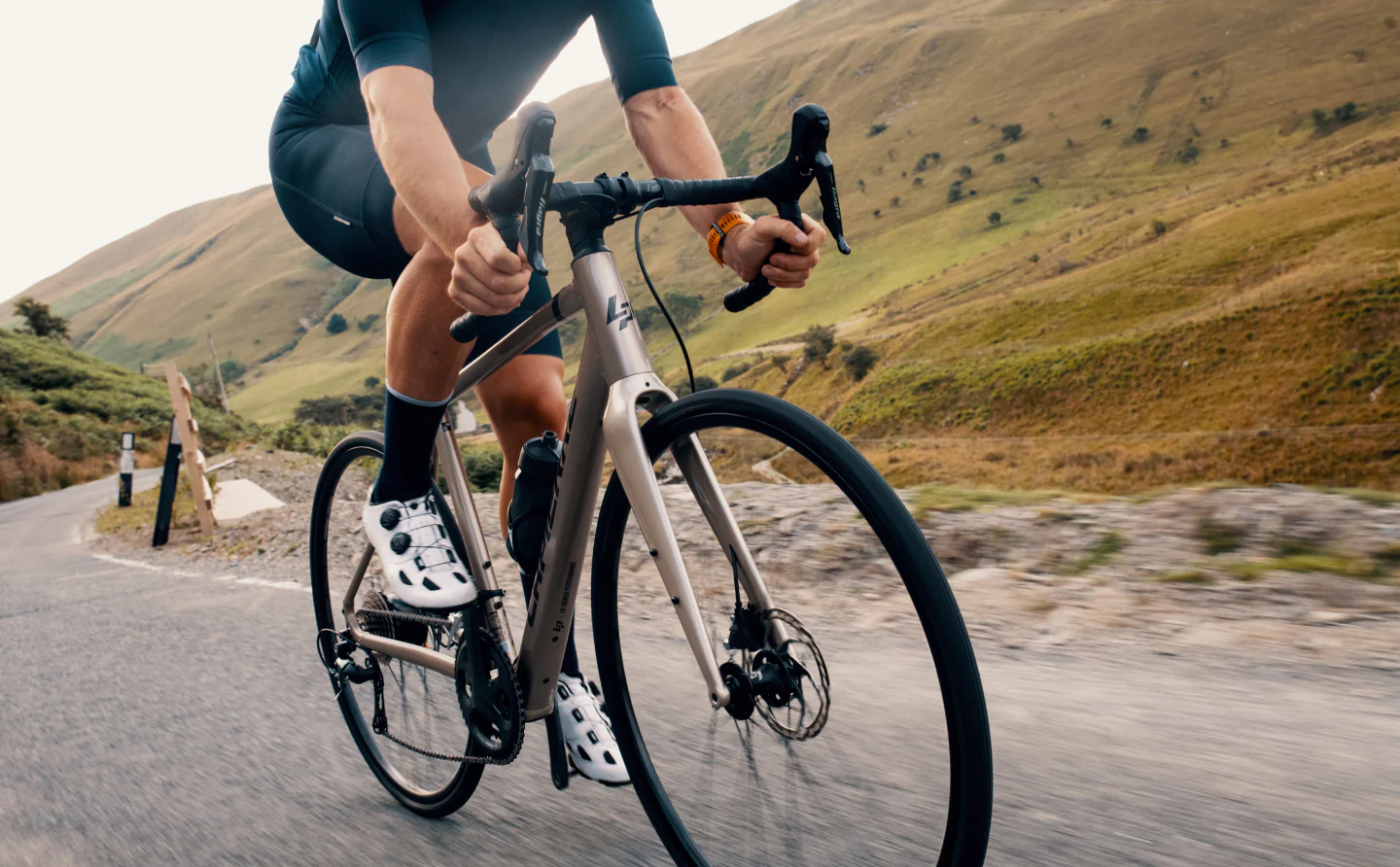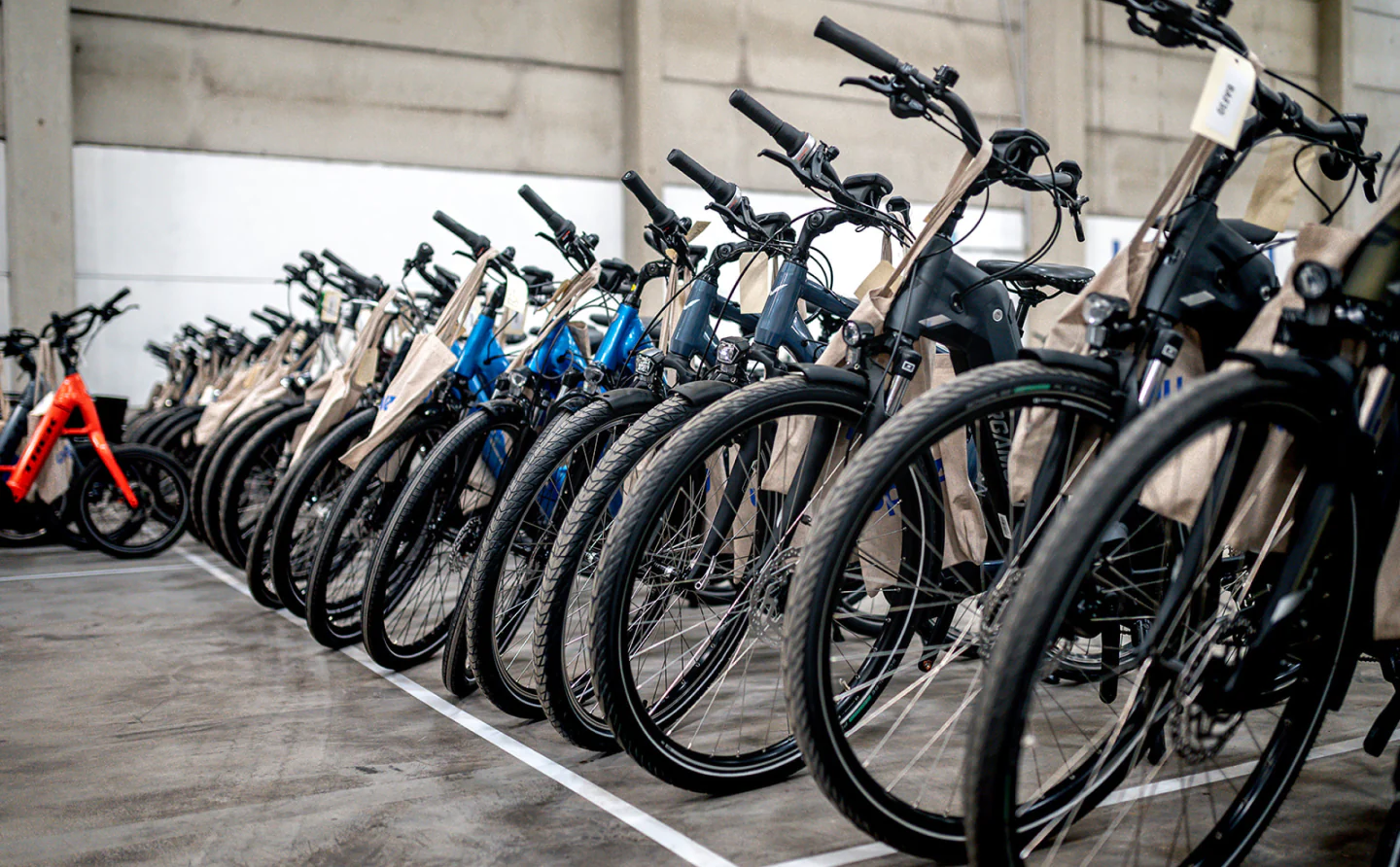One startup is on a mission to revolutionize the way we snack, yet the template it's using may feel reassuringly comfortable to consumers.
As detailed by Packaging Digest, Boston-based Foodberry has eliminated the need for plastic-based packaging by developing an edible coating that mimics fruit skin and can protect even traditionally hard-to-transport foods such as ice cream, yogurt, and hummus.
"There isn't just a single Foodberry coating — it's a library of materials, inspired by the same diversity of coatings and structures found in natural fruits, that all have protective and encapsulating functions," CEO Marty Kolewe told the outlet. "... They can be produced in a near-endless variety of sweet and savory flavors and varying textures."
 What's the most common reason you end up throwing away food?
What's the most common reason you end up throwing away food?
 Bought more than I could eat
Bought more than I could eat 
 Went bad sooner than I expected
Went bad sooner than I expected 
 Forgot it was in the fridge
Forgot it was in the fridge 
 Didn't want leftovers
Didn't want leftovers 
 Click your choice to see results and speak your mind
Click your choice to see results and speak your mind
Fruit and vegetable peels are often highly nutritious, and Foodberry's product is no different, enabling people to reap health benefits while they snack.
The food industry is known for producing a significant amount of trash, with the U.N. Environment Programme noting that 36% of all plastics manufactured are used for packaging, including for single-use food and beverage containers.
Around 85% of that plastic gets sent to landfills or ends up polluting other areas, releasing toxins into our water and contributing to the death of wildlife.
Watch now: Alex Honnold test drives his new Rivian
Harmful chemicals from plastic packaging have also been detected in our food, making the search for effective alternatives a priority for many researchers. Apeel Sciences and Notpla are among the companies that have recently made headlines for their innovative edible solutions.
Foodberry, which was founded in 2012, says on its website that its products, or "foodberries," have a "balanced nutritional profile based on Nature's Macros" — nutrients that are "needed in large quantities," as described by the Department of Agriculture.
"Our always on-the-go modern lifestyle has created demand for convenient foods that are easy, portable and highly craveable," Kolewe explained to Packaging Digest. "That convenience has come at the cost of decreased nutritional value, declining health outcomes, and increased plastic waste."
The company's long-lasting products may even help cut down on discarded food, around a third of which is tossed globally every year.
TCD Picks » Upway Spotlight

That waste then releases methane, a powerful heat-trapping gas, as it goes through the process of breaking down in landfills, contributing to rising global temperatures linked to extreme weather events that frequently cause displacement or damage vital food crops.
According to Packaging Digest, even though foodberries are perishable, they are safe and tasty to eat for anywhere from 60 to 90 days, though frozen items can last for more than a year.
The company is now in the process of getting its items into stores, with "coffee berries" expected to be available in Europe and the United States sometime this year.
Foodberry is also building partnerships with other brands. In August, Food Navigator reported that dairy-free ice cream brand NadaMoo! was using plant-based coatings from the company on its products sold in more than 1,000 locations.
A "yet-to-be-named multibillion-dollar food and beverage brand" may also soon be using Foodberry's technology for certain snacks, according to Packaging Digest.
Join our free newsletter for weekly updates on the coolest innovations improving our lives and saving our planet.
